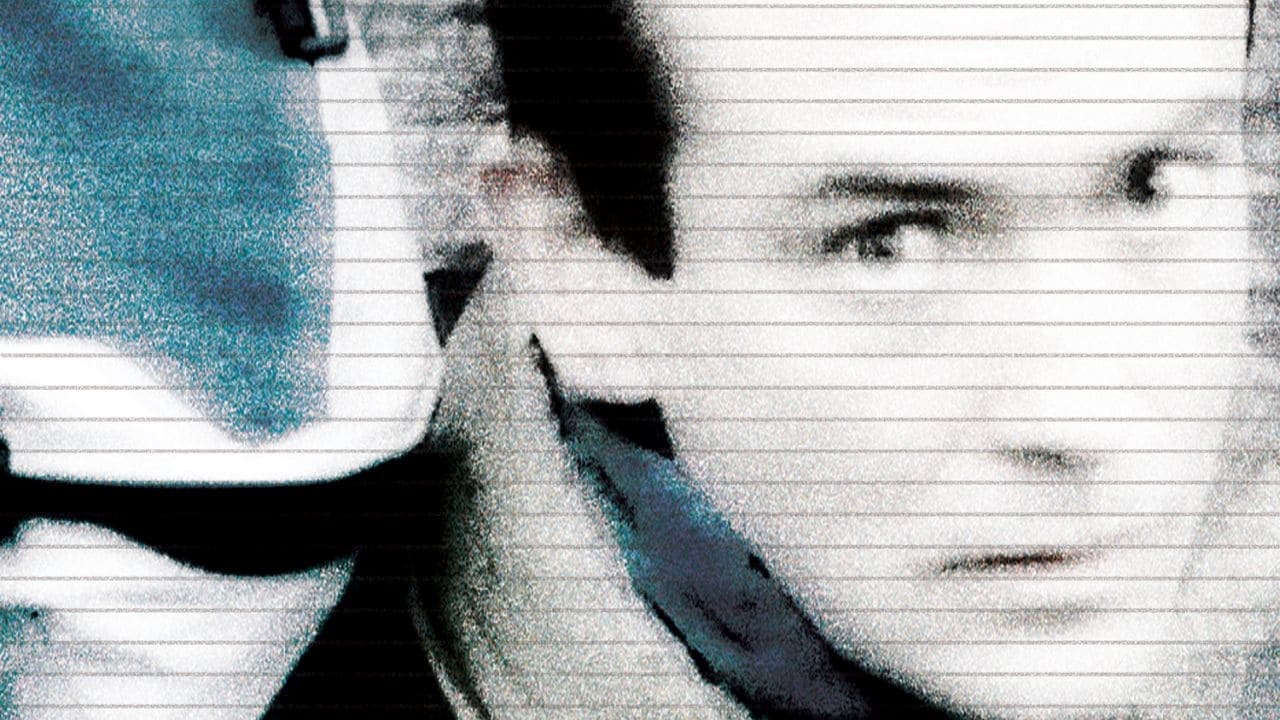

Filmmaker David Bond tries to see how much information is out there about him. He received a government letter about a loss of data that involved him and many of his fellow British citizens. He hires two private investigators to find him in 30 days and they're only given his name and picture. He leaves his pregnant wife and young child as he tries to disappear.This seems to be a fun gimmick to highlight this issue for the documentary. However, the gimmick is muddled by a lack of structure. There doesn't seem to be too many rules for the chase. David is being deliberately naive. There is a bit of OMG shock going on. Some of it is truly eye-opening but sometimes he tries too hard. There are a lot of talking heads with opinions. There are a couple of passing stories with people who have identity issues. His uncovering of his private information is sometimes funny. The investigators don't have much charisma or great screen presence. This is a worthy subject if it's done right. This has some good bits but not much more.
... View MoreI liked this. I feel that I need to add some comments in response to some of the reviews. This film has been made by someone who wanted to carry out an experiment. It is clearly something he was intrigued about and an issue close to his heart. It was a way of expressing his own way of thinking and doesn't need the question asked about what the target audience is.This was aired on More4 which carries many documentaries so I guess that is the target audience.It is what it is and needs no more analysis than of the portrayal of the subject. I think the target audience is neither here nor there.
... View MoreEver worried about the way that almost all organisations seem to gather data on you regardless of whether or not it is needed? Of course, they can claim to be gathering it "just in case", but in case it's in your interests that they need it, or only in theirs? These issues are explored in David Bond's frustrating documentary, in which he examines how much information "they" have about you by going on the run and challenging a firm of private detectives to track him down. The problem with this exercise is that it's a bit like playing hide-and-seek; you can always win by running into the next field, but that's not the game: David is eventually caught, but only by committing an elementary error, turning up for a pre-booked appointment. Meanwhile, there's a lot of David expressing his paranoia to the camera, which seems a little forced since the only thing that will happen if he's caught is the end of the film (and indeed, had he stayed clear, the point of the film would have been lost). There is also some research, but even that is a little annoying: he visits a school to observe how pupils are tracked, but we never see him asking the teachers to justify this. There are two things going on in our society, I think: we trade privacy for convenience, and others steal our privacy because it's too convenient, and easy, for them to do so. But 'Erasing David' is little more than a gimmick; it won't tell you much that you don't already know.
... View MoreI guess the idea of the film is suppose to make people aware of our digital footsteps, how easy it is for specialists to track us down.I was really expecting a chase down like one of those Bourne Identity movies, where the specialists track him down via many means but in the end he was actually chased down via good old fashion detective work and human error. It does raise certain very valid points though - on how we should question what data is held about us and why they need it. Overall, this is a decent film but don't expect a suspense chase down like a typical Hollywood movie.
... View More